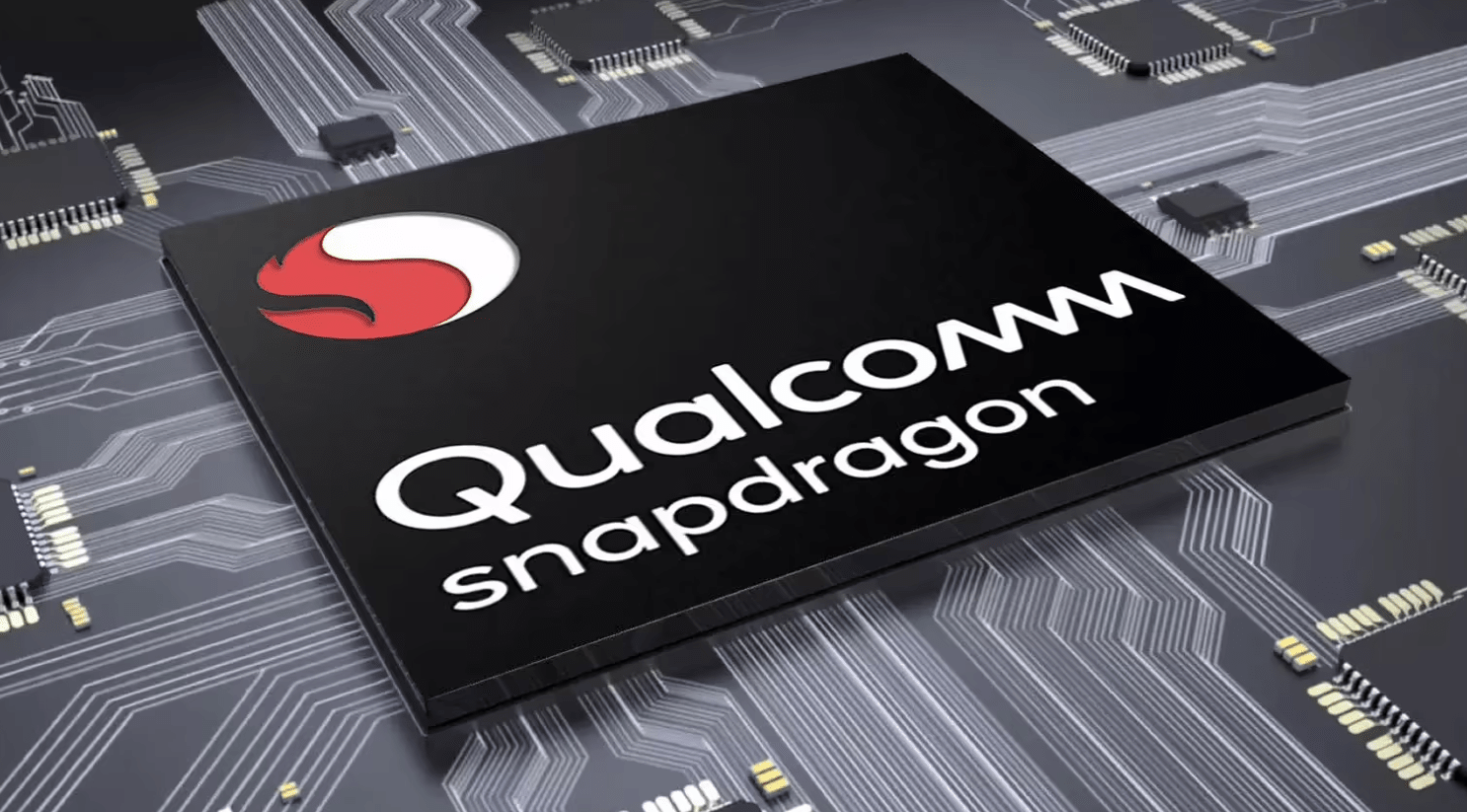The five-week trial, commencing on 6 October, is the first of two stages. It will focus on whether Qualcomm abused its dominant position in the patent-licensing and chipset markets.
Which? contends that Qualcomm forced manufacturers like Apple and Samsung to pay inflated fees for technology licenses, a cost that was ultimately passed on to consumers through higher prices or lower quality products.
If Which? is successful, a second trial will follow to determine the exact damages owed to the class of consumers who purchased affected Apple or Samsung smartphones between 1 October 2015 and 9 January 2024.
The consumer group estimates that affected individuals could be due an average payout of around £17 per phone.
This action is a significant use of the UK’s opt-out collective action regime, introduced by the Consumer Rights Act 2015, which allows a class representative to sue on behalf of a large group of affected consumers without individual sign-up.
Anabel Hoult, CEO of Which?, described the trial as a “huge moment,” stating it shows how “the power of consumers—backed by Which? can be used to hold the biggest companies to account.”
The legal action aims not only to secure redress for millions of people but also to set an important precedent to deter similar anti-competitive behaviour in the future. Qualcomm has previously faced similar investigations and court actions globally.

